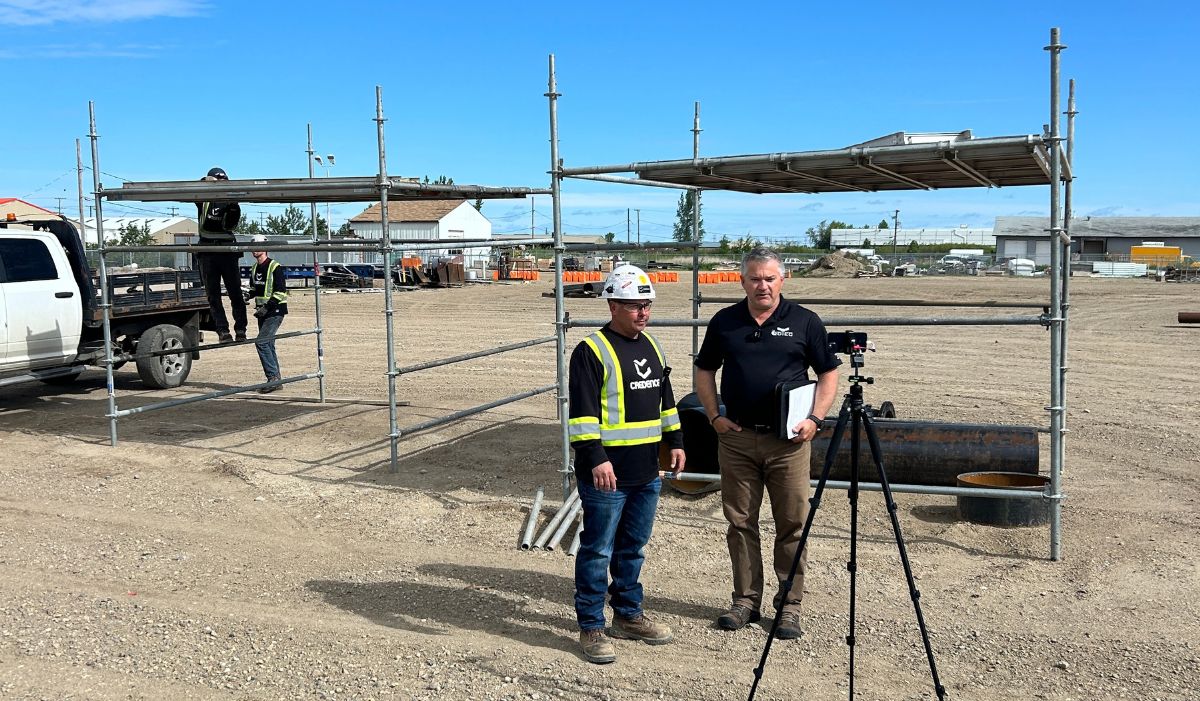The Role of Contractors in Reducing Downtime During Industrial Maintenance
In industrial operations, downtime is one of the most expensive challenges a business can face. Whether it’s scheduled maintenance or unexpected repairs, every hour of inactivity can translate into lost production, delayed deliveries, and increased costs. This is where the role of a contractor becomes essential. Contractors bring specialized skills, organized project management, and efficiency-focused solutions that help minimize downtime while ensuring safety and quality.
Why Downtime Matters in Industrial Maintenance
For industries like mining, agriculture, and construction, downtime isn’t just a pause in operations—it’s a financial setback. Machines that aren’t working mean workers are idle, deadlines are pushed, and clients are left waiting. That’s why companies rely on professional contractors who know how to plan and execute maintenance without dragging out the process.
How Contractors Support Maintenance Projects
1. Skilled Workforce on Demand
Contractors provide access to a highly trained workforce—welders, millwrights, scaffolders, and other trades—exactly when they’re needed. Instead of hiring permanent staff for occasional projects, businesses can bring in contractors who already have the certifications and expertise to handle specialized tasks.
2. Faster Response to Emergencies
When unexpected breakdowns happen, time is critical. A contractor can mobilize quickly, bringing in the right team and equipment to address the issue. Their ability to act fast often means the difference between hours of downtime and days of lost production.
3. Project Management and Coordination
Contractors don’t just supply skilled labor—they also coordinate multiple tasks. From safety planning to scheduling, they manage each step to keep projects on track. This organization prevents bottlenecks and ensures that different trades work together efficiently.
4. Access to Specialized Tools and Techniques
Many industrial maintenance tasks require advanced equipment or niche knowledge. Contractors typically bring their own tools and are trained in the latest techniques. This reduces the time spent sourcing equipment and ensures jobs are completed correctly the first time.
The Contractor’s Role in Planned Maintenance
Scheduled maintenance is an opportunity to prevent breakdowns before they happen. Contractors play a key role here by:
- Creating detailed work plans that fit into the client’s production schedule.
- Carrying out inspections to identify potential issues early.
- Performing upgrades and repairs quickly, so equipment is back online as soon as possible.
By working closely with clients, contractors ensure planned maintenance is efficient, safe, and minimally disruptive.
Reducing Downtime During Shutdowns
Large industrial facilities often face shutdowns for upgrades or regulatory inspections. Contractors are vital in these situations because they bring:
- Large teams of qualified tradespeople who can complete work within strict timelines.
- Experience in high-pressure environments, where every delay increases costs.
- Safety-focused processes that protect both workers and assets during complex projects.
Their ability to mobilize resources and complete tasks quickly makes them an invaluable partner during shutdowns.
Why Hiring the Right Contractor Matters
Not all contractors bring the same value. The right contractor will:
- Prioritize safety while maintaining efficiency.
- Have proven experience in the industrial sector.
- Understand local regulations and project conditions.
- Communicate clearly with clients to set realistic expectations.
Choosing a contractor who meets these standards means less risk, smoother maintenance, and significantly reduced downtime.
Conclusion
Downtime is costly, but with the right contractor, it doesn’t have to be devastating. Contractors bring the skills, planning, and responsiveness industries need to keep operations running smoothly. From handling emergency repairs to managing large-scale shutdowns, their role is critical in reducing delays and ensuring maintenance is carried out safely and efficiently.
For businesses in industries where every hour counts, partnering with a reliable contractor is more than just a service—it’s a smart strategy for long-term success.



